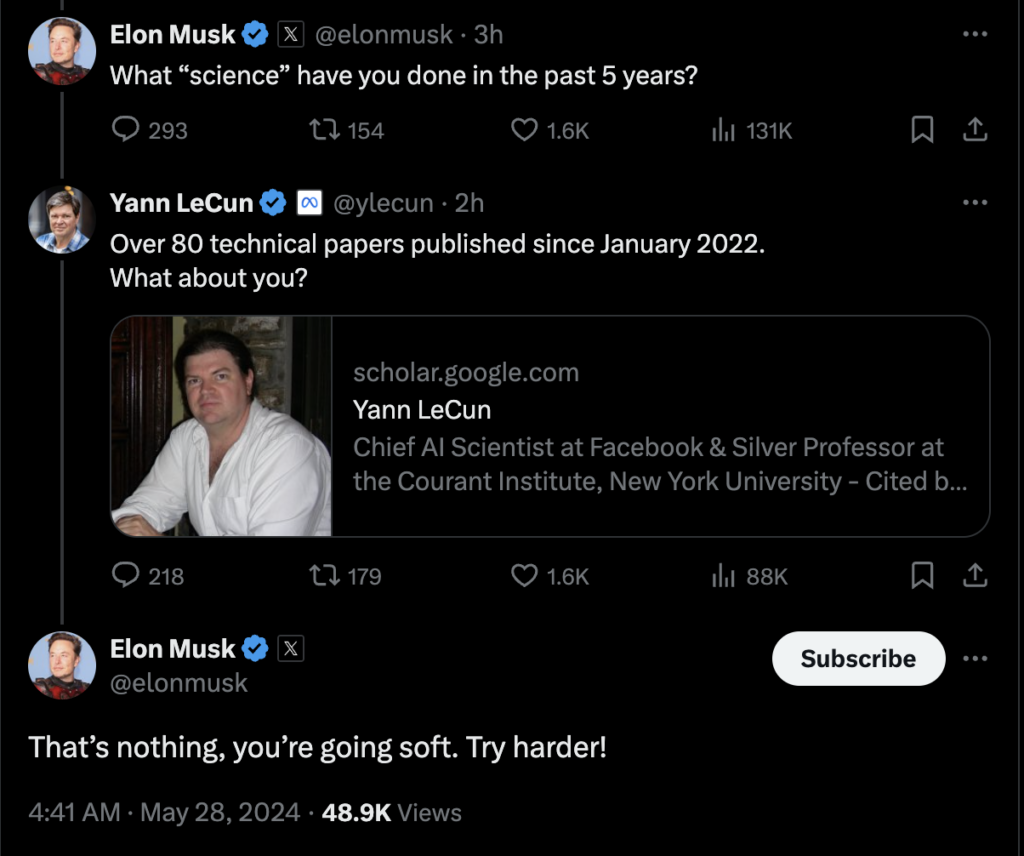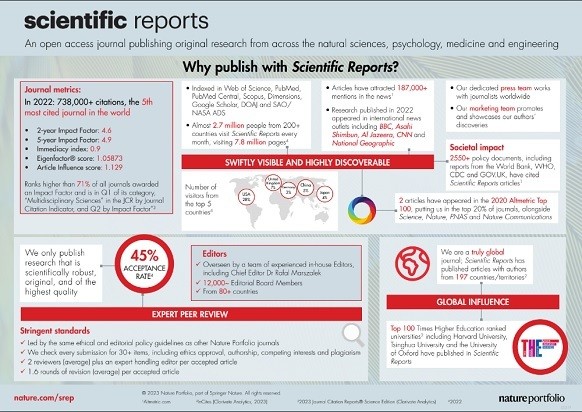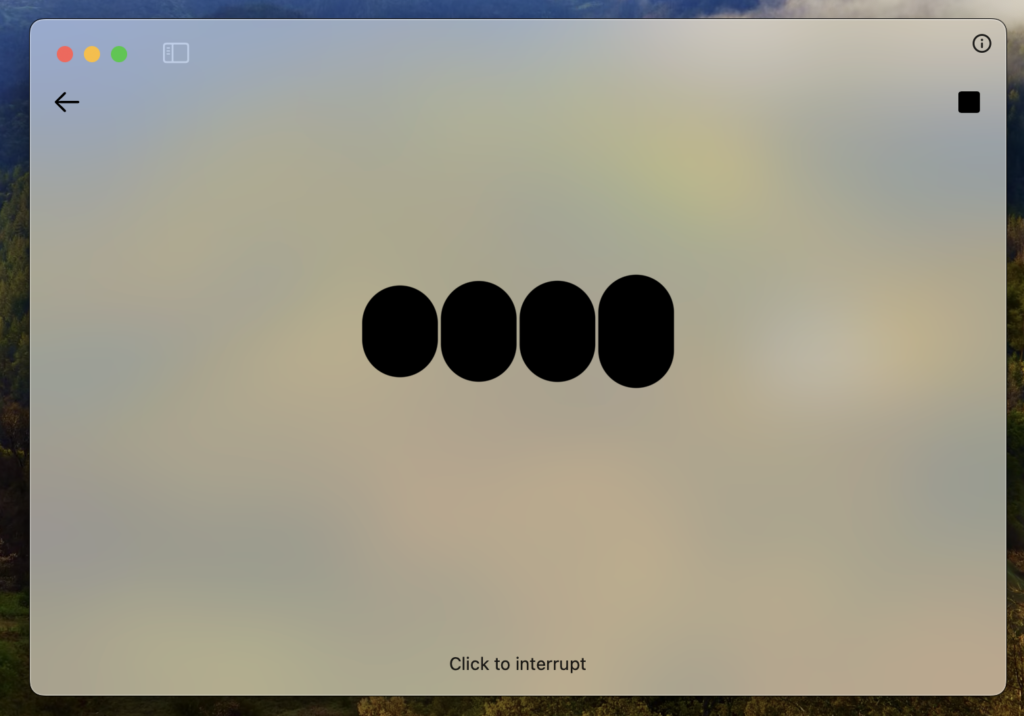Elon Musk Mocks Meta AI Chief After Yann LeCun Defines What Science Is
Tesla and SpaceX CEO Elon Musk and Meta Platforms Inc.'s AI chief Yann LeCun's public spat that re-started on Monday, reignited when the tech behemoths clashed over the definition of science.

What Happened
On Tuesday, LeCun responded to a user on X, formerly Twitter, stating, "Well, if it's not published, it's definitely not science." Musk fired back, calling it "one of the dumbest things anyone has ever said."
LeCun further clarified his position, emphasizing that for research to be considered science, it must be correct, reproducible, and sufficiently detailed in a publication. He highlighted the importance of peer review and reproducibility, stating, "If you do research and don't publish, it's not Science." He warned that without these elements, the research methodology may be flawed, and the work would go unnoticed and unused.

While LeCun acknowledged the potential of unpublished research leading to wealth if developed into a product, he maintained that the researcher would still be "a bit bitter and largely forgotten."
To qualify as Science, a piece of research must be correct and reproducible. It must be described in sufficient detail in a publication. To be 'published' and receive a seal of approval, the publication must be checked for correctness by reviewers.
Why It Matters
This recent public disagreement started when the Tesla CEO invited tech professionals to join his AI startup, xAI. LeCun responded sarcastically, stating, "Join xAI if you can stand a boss who claims that what you are working on will be solved next year (no pressure)."

The ongoing conflict between Musk and LeCun dates back to at least 2017, with both holding differing views on AI. LeCun has previously challenged Musk's predictions that AI will surpass individual human intelligence in the near future.
Recently, Musk-led xAI secured an impressive $6 billion in Series B funding, valuing the company at $24 billion. xAI's primary product, a chatbot called Grok, is trained using data from X.
Photo via Shutterstock
For more of Benzinga's Consumer Tech coverage, follow this link.
Disclaimer: This content was partially produced with the help of Benzinga Neuro and was reviewed and published by Benzinga editors.
Use the share button in your browser to share the page with your friends




















